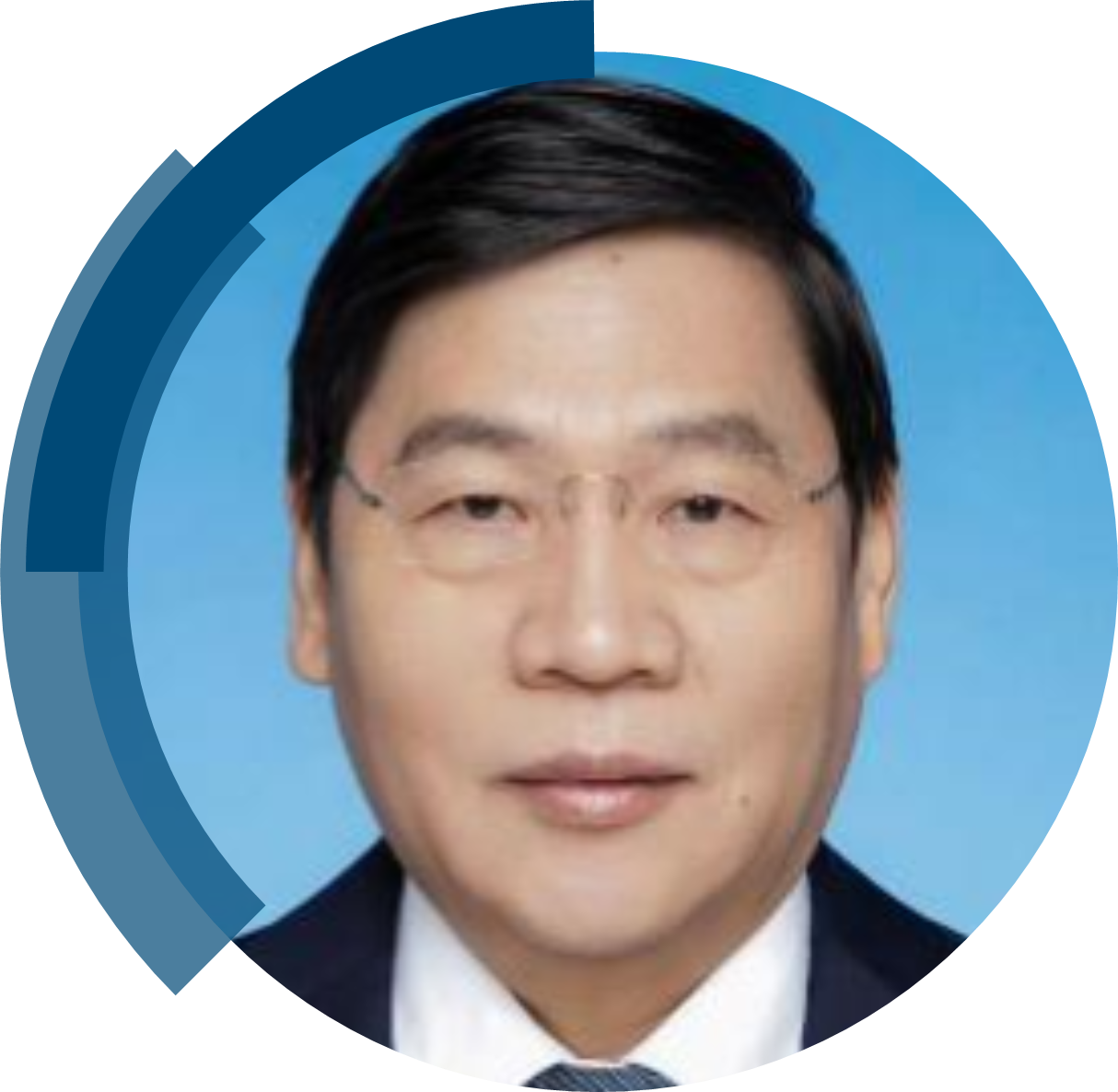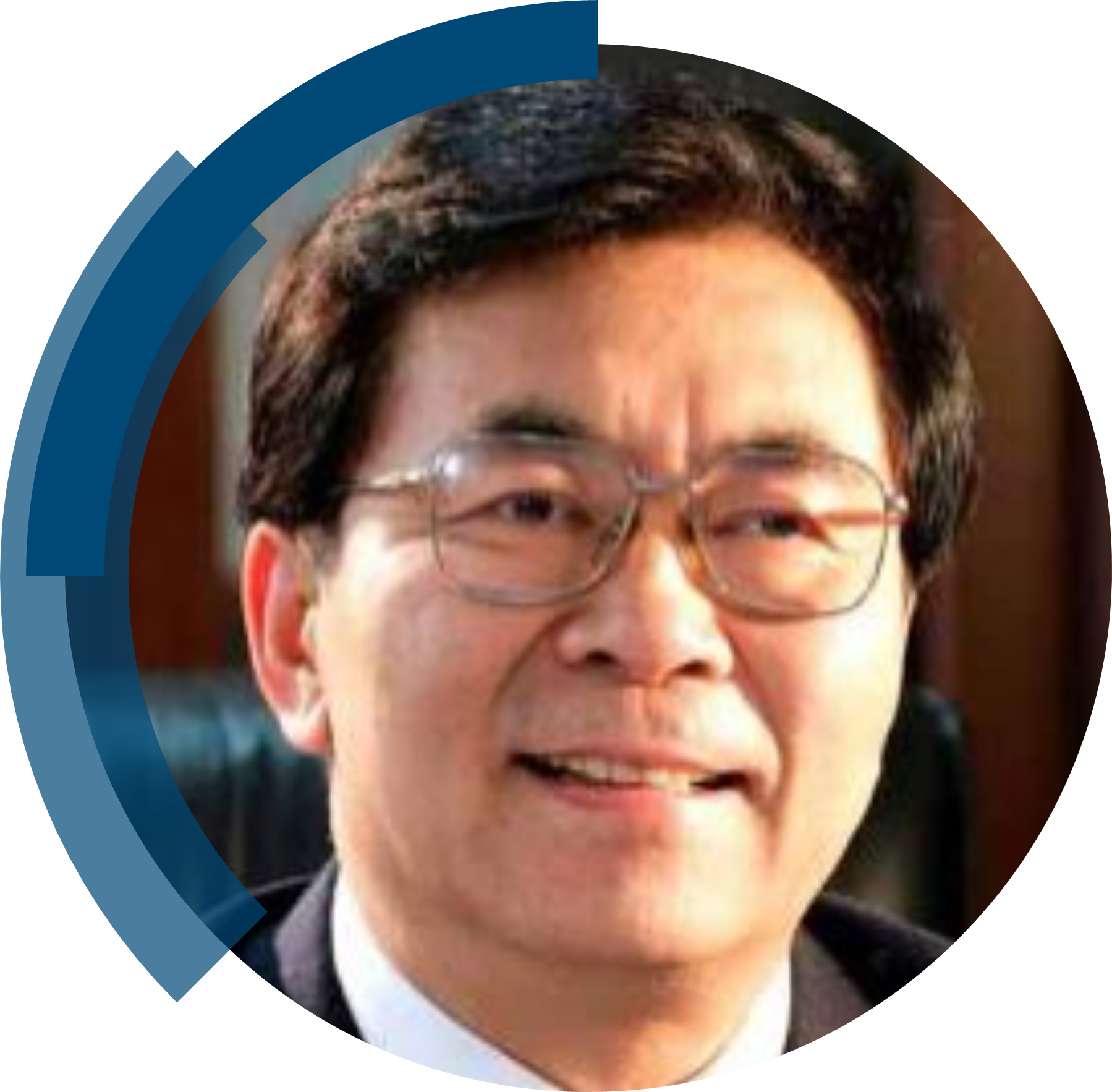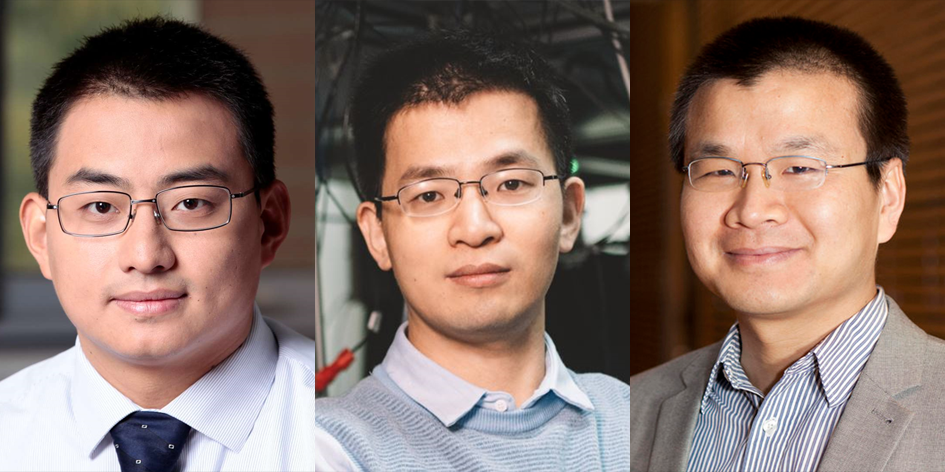The 2nd Annual Conference on Global Nanotechnology (#NanoSeries2023) took place in Madrid, Spain from 19–21 June 2023. Nanoscale Horizons, Nanoscale and Nanoscale Advances were pleased to support best Early Career Researcher (ECR) and poster prize awards at this event and we would like to congratulate our winners!
Best Early Career Research Award Winners
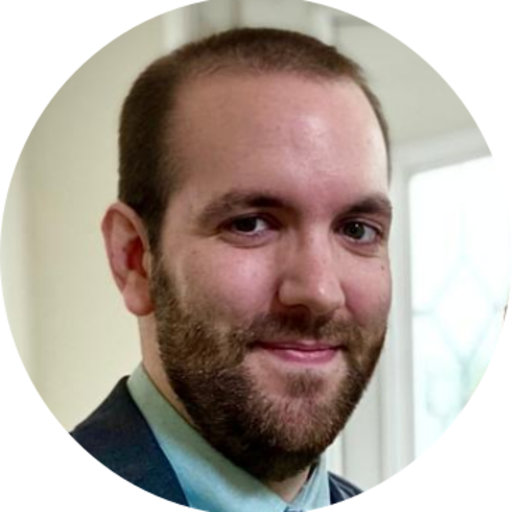
Rafael Fuentes-Domínguez (University of Nottingham, UK) Dr Rafael Fuentes-Dominguez obtained his PhD from the University of Nottingham in 2018 and he is currently a Research Fellow in the Optics and Photonics Research Group at the University of Nottingham (UK), where he is developing novel super-resolution imaging technologies, using phonons instead of photons, and also designing metamaterials / metasurfaces on optical fibres for advanced endoscopic imaging. |

Eva Osuna Bris (The Autonomous University of Madrid, Spain) Eva Osuna Bris is a PhD student at the Autonomous University of Madrid, and is vinculated to the IFIMAC Condensed Matter Center. Her research focuses on low dimensional materials, nanotechnology and atomic force microscopy. |
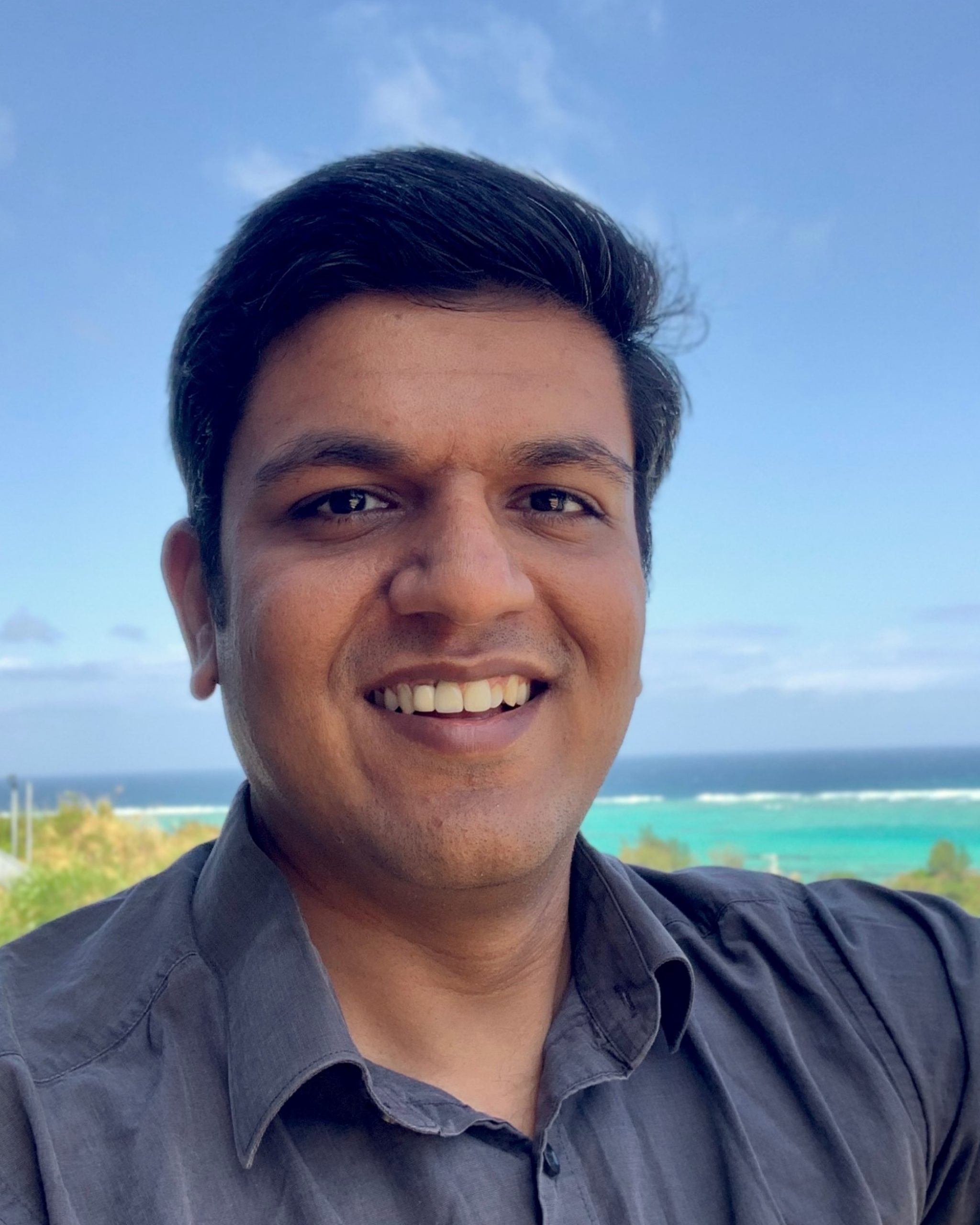
Vivek Pareek (OIST Graduate University, Japan) Vivek Pareek is currently a graduate student in Femtosecond Spectroscopy (Dani) Unit at OIST Graduate University, Japan. He completed his Integrated BS-MS in Physical Sciences from IISER-Kolkata, India as an INSPIRE fellow. At OIST, he is working on understanding the properties of excitons in van der Waals 2D semiconductors using novel technique of micro time and angle resolved photoemission spectroscopy (Tr-µ-ARPES). His research interests are in the field of van der Waals materials and their heterostructures, ultrafast spectroscopy, and quantum materials. |
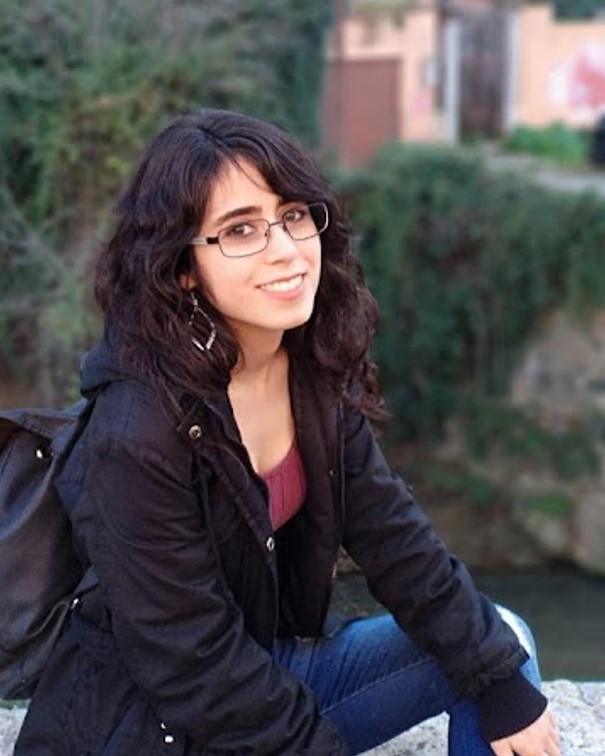
Tamara Muñoz Ortiz (The Autonomous University of Madrid, Spain) Tamara Muñoz Ortiz graduated in Physics at Universidad Autónoma de Madrid (UAM) in 2018. One year later she obtained a Master degree on Advanced Materials, Nanotechnology, and Photonics at UAM. She was awarded the Extraordinary Master Award for her academic performance. In February 2020 Tamara started a PhD on Advanced Materials and Nanotechnology at the nanoBIG group in UAM under the supervisor of Prof. José García Solé and Dr. Emma Martín Rodríguez. In her PhD she has participated in multidisplinar projects regarding the use of nanoparticles of different materials for biomedical optical coherence tomography imaging applications. |
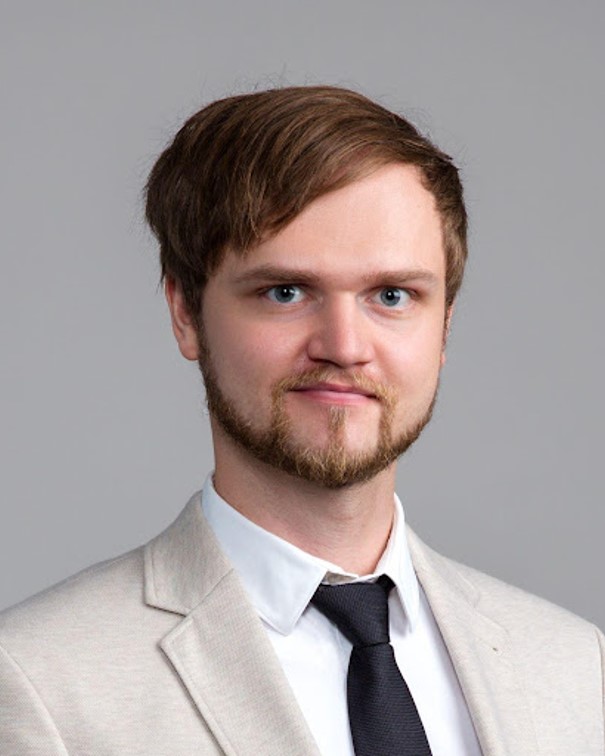
Makars Šiškins (National University of Singapore, Singapore) Dr. Makars Šiškins is a Research Fellow at the Institute for Functional Intelligent Materials (I-FIM) of National University of Singapore. He defended his PhD cum laude at the Delft University of Technology, the Netherlands, in 2021, where he also was a Postdoctoral Research Fellow in 2022. His research interests cover fields of nanomechanics, 2D materials, magnetism and condensed matter physics. |
Poster Award Winners
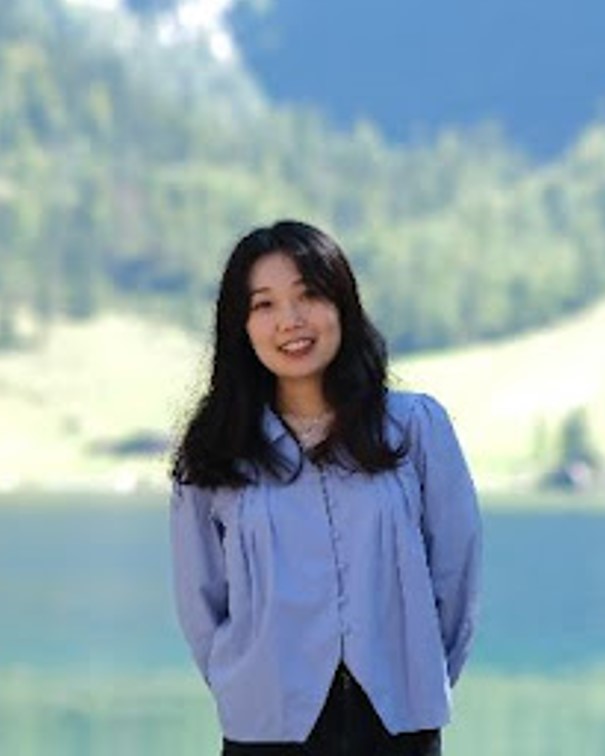
Yujie Guo (King’s College London, UK) Yujie Guo is a final year PhD student at department of chemistry, King’s College London, UK. She completed her master’s degree in pharmaceutics at University College London. Yujie’s research focuses on studying reaction kinetics at single-molecule scale. Her work involves the design and synthesis of nanomaterials, such as nanoparticles and polymers, as well as characterization of these molecules with label-free single-molecule imaging techniques. In addition to her research, Yujie enjoys reading and exploring different culture across the world in her free time. |
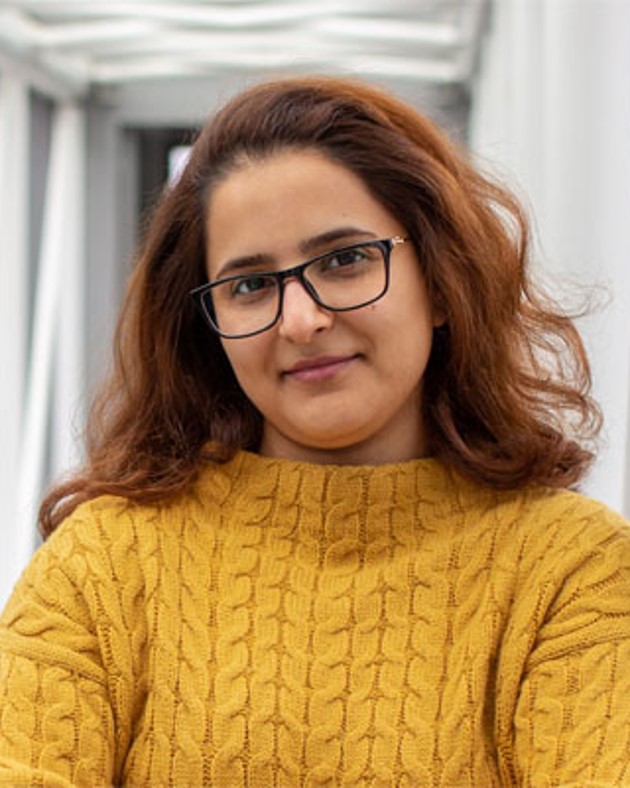
Fatemeh Rajabasadi (Leibniz Institute for Solid State and Materials Research Dresden – IFW, Germany) Fatemeh Rajabasadi is a PhD student at Leibniz Institute for Solid State and Materials Research, Dresden, Germany. Her main interests are in the field of assisted fertilization by facilitating multiple sperm cell transport by means of synthetic microcarriers. |
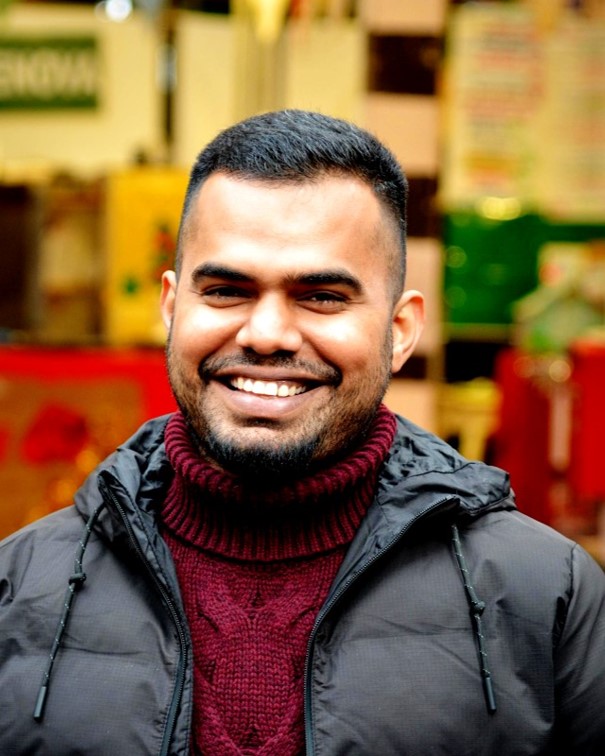
Aswin Asaithambi (Italian Institute of Technology, Italy) Aswin Asaithambi Postdoctoral Researcher at Istituto Italiano di Tecnologia with a specialization in optical spectroscopy including designing and building of advanced spectroscopic setups. |
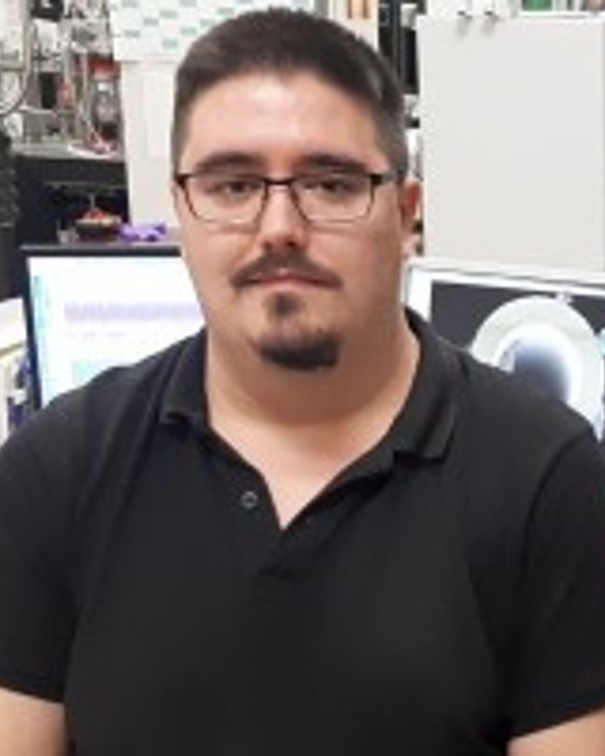
Alberto Martín-Pérez (Politecnico di Torino, Italy) Alberto Martín-Pérez is an Assistant Professor with a strong academic background and expertise in various interdisciplinary fields. He holds a PhD in Applied Physics from Universidad Autónoma de Madrid and has completed a postdoctoral research stint at the Materials Science Institute of Madrid (ICMM-CSIC). His research interests span across nanomechanics, microfluidics, optics, and MEMS (Microelectromechanical Systems). With a focus on cutting-edge technology and materials, Alberto is particularly interested in 2D materials, optomechanics, nanofluidics, optoelectronics, and photonics. |











